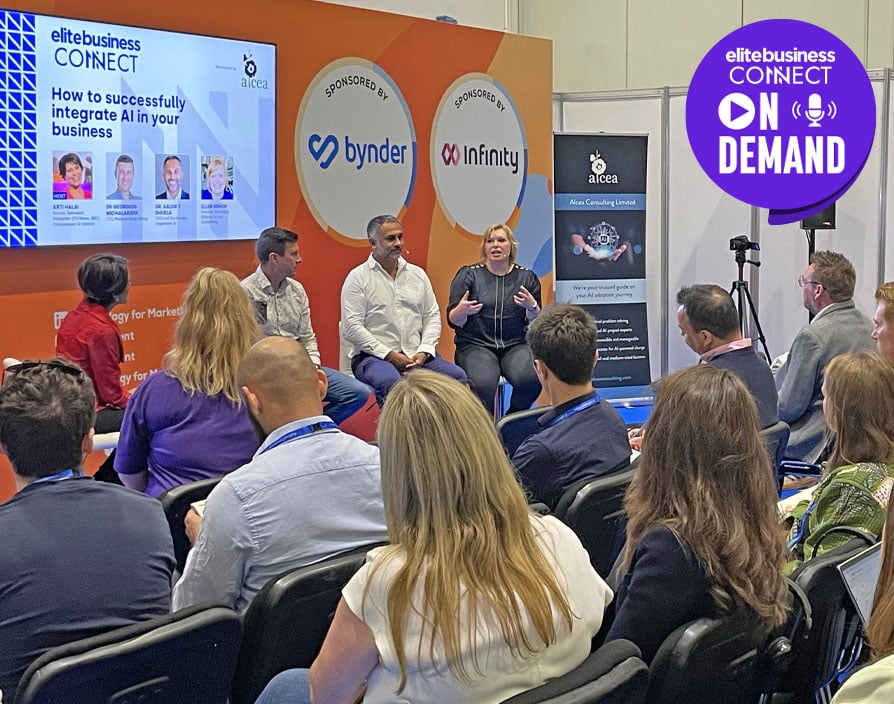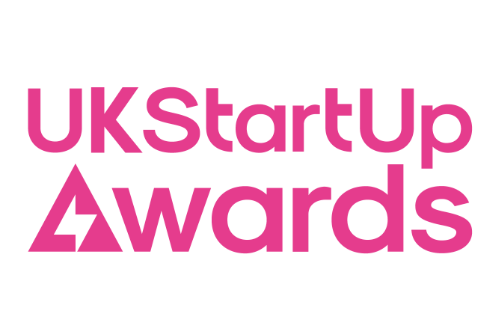The conversation, led by Arty Halai and featuring experts Dr Georgias Michalakidas, Dr Alok Shukla, and Ellen Bishop, revolved around the challenges and opportunities of integrating AI into businesses. While the discussion covered various aspects of AI’s potential, one recurring theme stood out: how SMEs can overcome common misconceptions and embrace AI without fear of cost, complexity, or job displacement.
You don’t need to be an expert
One of the most pervasive myths surrounding AI is the belief that it is too expensive and complicated for smaller businesses. Ellen Bishop, founder and managing director of LCA, was quick to debunk this notion. With her experience transforming her own communications consultancy into an AI-forward business, Ellen demonstrated that you don’t need a technical background to integrate AI effectively.
“The first myth we need to tackle is whether or not you need to be an expert in AI,” said Ellen. “I’m proof that you don’t. What you need is a growth mindset and a clear understanding of what you want AI to do for your business.”
This shift in perspective opens up significant opportunities for SMEs. AI isn’t just for large corporations with vast resources; it can be a powerful tool for businesses of any size. Whether it’s for marketing automation, content creation, or streamlining internal processes, SMEs can access affordable AI solutions, many of which are available for free or via low-cost subscriptions.
Start small and scale
One critical takeaway from the panel was the importance of starting small. Ellen emphasised that the key to successful AI integration lies in identifying specific business challenges and working backwards to see how AI could help.
“Lead with the business challenge or desired outcome and then assess whether AI can help you achieve it,” she explained.
For instance, many businesses face time constraints and limited resources when it comes to content creation and marketing. Tools like Jasper, ChatGPT, and Google’s Gemini offer affordable, often free, solutions that help businesses create content more efficiently, saving both time and money. Ellen highlighted that ChatGPT and Gemini can be accessed at no cost, while other tools operate on manageable subscription models.
Dr Alok Shukla, CEO of Implement AI, echoed these sentiments, noting that AI presents a massive opportunity for smaller businesses. He pointed out that SMEs can be agile and quick to adopt new technologies, giving them a competitive edge in an AI-assisted era.
“AI can augment your team,” Alok said. “You can give your existing employees tools for real-time training, knowledge, and insights, allowing them to perform better without needing additional hires.”
Overcoming fears and embracing AI
The panel also addressed the fear that AI will replace jobs. Georgias Michalakidas reassured the audience that while AI can automate certain tasks, it doesn’t mean job loss. Instead, it enhances productivity and frees up human resources for more complex, value-driven work.
“AI’s complexity is exponentially reducing,” Georgias noted. “You don’t need a data scientist or a specialist anymore. Low-code or no-code AI solutions allow even marketing professionals to harness AI without technical expertise.”
By starting small and experimenting with free or low-cost tools, businesses can explore AI’s potential without feeling overwhelmed. AI can be applied to specific, time-consuming tasks such as automating legal documents or optimising marketing campaigns. This provides businesses the freedom to focus on their core competencies.
The ethical side of ai through trust and governance
As with any technological advancement, ethical considerations around data privacy and bias are crucial when implementing AI. The panel urged businesses to create AI policies to protect sensitive company data and to ensure that AI is used responsibly. Ellen suggested that businesses create an “AI Council” to oversee AI use within the company and ensure compliance with ethical standards.
“The AI Council would act like any other governance structure within your business, such as finance or HR,” she said. “It ensures someone is responsible for how AI is implemented and used, regardless of the size of the business.”
Why SMEs can’t afford to ignore AI
The message from the Elite Business CoNNect panel was clear: AI is not just for big corporations, nor is it prohibitively expensive or difficult to implement. The real risk lies in not adopting AI, as businesses that fail to embrace it risk being left behind. As Arty Halai aptly summarised, “Embracing AI thoughtfully can empower your business to stay competitive and innovative in a rapidly evolving market.”
The time to start is now, and the first step is simple: be open, be curious, and experiment. Whether it’s using AI tools to automate repetitive tasks, enhancing customer engagement, or analysing data for actionable insights, SMEs stand to gain tremendously from integrating AI into their operations. And as the panellists made clear, you don’t need to be an AI expert… you just need to start!
Share via:









































